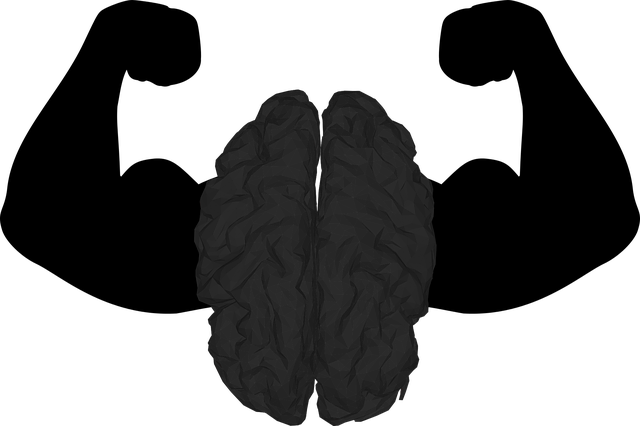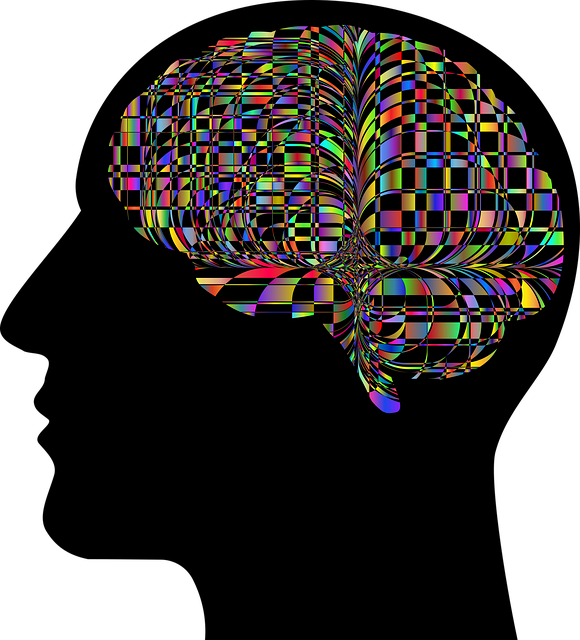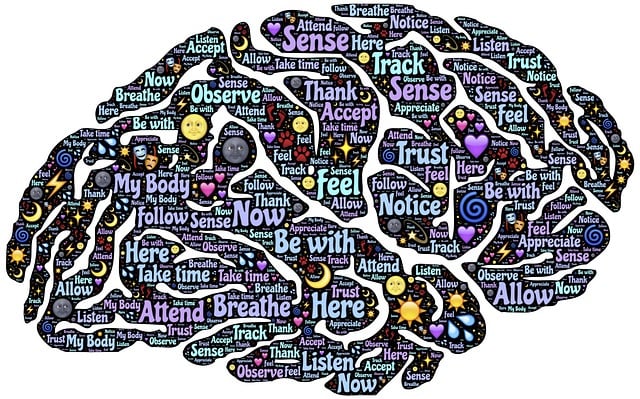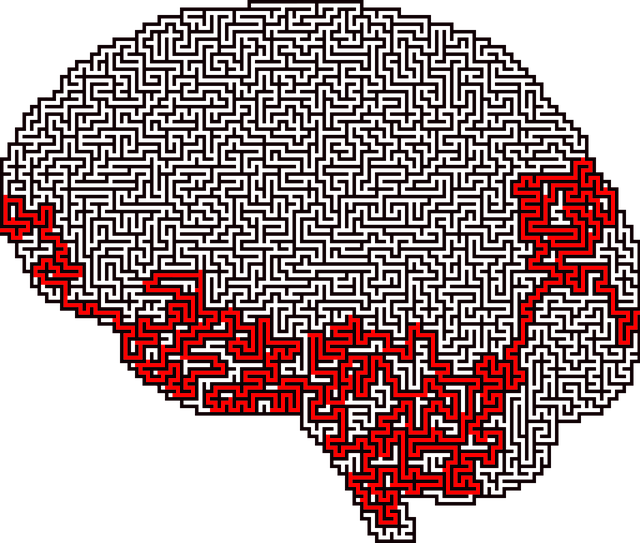Mental wellness is crucial for Louisvillians, as the city grapples with drug abuse and substance use disorders exacerbated by socio-economic factors. Access to services like Louisville Drug Abuse-Substance Abuse Therapy (LDASAT) is vital, but self-assessment tools tailored to Louisville's needs are lacking. An ideal solution involves:
Developing comprehensive online mental wellness platforms integrating LDASAT methods and validated scales for accurate assessments.
Incorporating Mind Over Matter principles for coping strategies and proactive mental health management.
Utilizing interactive elements like video conferencing and mobile apps for continuous care.
Complementing digital tools with community outreach and social skills training to build a supportive network, breaking down barriers to LDASAT services.
Louisville, like many cities, faces challenges related to mental wellness and substance abuse. This article explores the development of mental wellness self-assessment tools tailored to the city’s context. We delve into the understanding of mental health and its profound impact on individuals, highlighting the growing need for accessible self-assessment resources. By identifying key components for effective assessments, we propose a comprehensive digital platform, coupled with integrated therapy and support services, to address Louisville’s unique challenges, particularly regarding drug abuse and substance use disorders.
- Understanding Mental Wellness and Its Impact on Individuals
- Identifying the Need for Self-Assessment Tools in Louisville's Context
- Key Components of an Effective Mental Wellness Self-Assessment
- Developing a Comprehensive Digital Platform for Assessment
- Integrating Therapy and Support Services for Continuous Care in Louisville
Understanding Mental Wellness and Its Impact on Individuals

Mental wellness is a crucial aspect of overall well-being, encompassing emotional, psychological, and social health. Understanding mental wellness involves recognizing that it significantly influences an individual’s daily functioning, relationships, and overall quality of life. Louisville, like many cities, faces challenges related to drug abuse and substance use disorders, which are significant public health concerns requiring urgent attention.
The impact of poor mental wellness can be profound, leading to various issues such as anxiety, depression, substance abuse (including Louisville Drug Abuse-Substance Abuse Therapy), and even physical ailments. A comprehensive mental health policy analysis and advocacy for better access to trauma support services is essential to address these concerns. Moreover, risk assessment tools for mental health professionals can aid in early identification of at-risk individuals, enabling timely interventions and supporting their long-term recovery journeys.
Identifying the Need for Self-Assessment Tools in Louisville's Context

In Louisville, the need for comprehensive mental wellness self-assessment tools is starkly evident, particularly in addressing drug abuse and substance use disorders. The city’s unique socio-economic landscape presents specific challenges that demand tailored interventions. High rates of unemployment, poverty, and limited access to quality healthcare contribute to a rise in mental health issues, including addiction. Louisville Drug Abuse-Substance Abuse Therapy (LDASAT) programs have been instrumental in providing initial support, but there is a growing recognition of the importance of proactive measures and early intervention.
Public Awareness Campaigns Development and Mental Health Awareness initiatives can play a pivotal role in breaking down stigma and encouraging individuals to seek help. Resilience Building techniques are also crucial components in empowering Louisvillians to navigate life’s challenges. Effective self-assessment tools, designed with these local contexts in mind, can significantly contribute to identifying at-risk individuals, facilitating personalized support, and ultimately enhancing the city’s overall mental wellness ecosystem.
Key Components of an Effective Mental Wellness Self-Assessment

An effective mental wellness self-assessment tool should incorporate several key components to ensure it’s comprehensive and valuable for individuals seeking support. Firstly, it must be user-friendly and accessible, designed with a clear layout and language that is easy to understand, catering to diverse literacy levels. This accessibility ensures that the assessment can reach a wide range of people in need, including those from diverse cultural backgrounds.
Secondly, the tool should integrate valid and reliable assessment measures. This means utilizing scientifically sound methods and scales that have been tested for accuracy in diagnosing mental health conditions. Incorporating elements like risk factor assessments, symptom checklists, and severity ratings based on recognized criteria, such as those used in Louisville Drug Abuse-Substance Abuse Therapy, can provide a holistic picture of an individual’s mental wellness status. Additionally, integrating Mind Over Matter principles can empower users by offering coping strategies and promoting self-care, while encouraging proactive management of their mental health.
Developing a Comprehensive Digital Platform for Assessment

In today’s digital era, developing a comprehensive online platform for mental wellness self-assessment is more crucial than ever. Such a platform can revolutionize Louisville Drug Abuse-Substance Abuse Therapy by offering accessible and user-friendly tools that cater to diverse needs. By integrating various assessment modules, including emotional healing processes, stress management workshops, and crisis intervention guidance, the digital space becomes a vibrant hub for personal growth and recovery. This approach not only ensures individuals receive timely support but also enables professionals to monitor progress and tailor interventions effectively.
A well-designed platform can enhance traditional therapy methods by providing 24/7 accessibility, enabling users to engage in self-assessment at their convenience. This digital transformation facilitates a seamless transition from assessment to treatment planning, fostering a holistic and personalized experience. Moreover, incorporating interactive features, such as video conferencing for virtual sessions and mobile apps for on-the-go support, ensures that emotional healing processes can thrive even outside traditional therapy settings.
Integrating Therapy and Support Services for Continuous Care in Louisville

In Louisville, integrating therapy and support services for continuous care is a multifaceted initiative aimed at addressing mental wellness holistically. This approach recognizes that effective treatment goes beyond individual therapy sessions and includes wrapping support around individuals to foster inner strength development. By combining Drug Abuse-Substance Abuse Therapy with social skills training and community outreach program implementation, Louisville is creating a network of care that empowers residents to manage their mental health effectively.
The city’s strategy involves collaborating with local organizations to offer comprehensive services that cater to diverse needs. Social skills training equips individuals with the tools to navigate interpersonal relationships, reducing feelings of isolation and promoting positive social interactions. Community outreach programs play a vital role in connecting vulnerable populations to much-needed resources, fostering a sense of belonging and support. Together, these initiatives work towards breaking down barriers to care and ensuring that Louisvillians have access to continuous mental wellness support.
Louisville’s mental wellness landscape benefits from a comprehensive self-assessment tool that addresses unique community needs. By integrating digital platforms and accessible therapy services, individuals can receive tailored support for their mental health journeys. This initiative, focusing on early detection and continuous care, including Louisville Drug Abuse-Substance Abuse Therapy, has the potential to significantly improve overall well-being and foster a healthier community.














